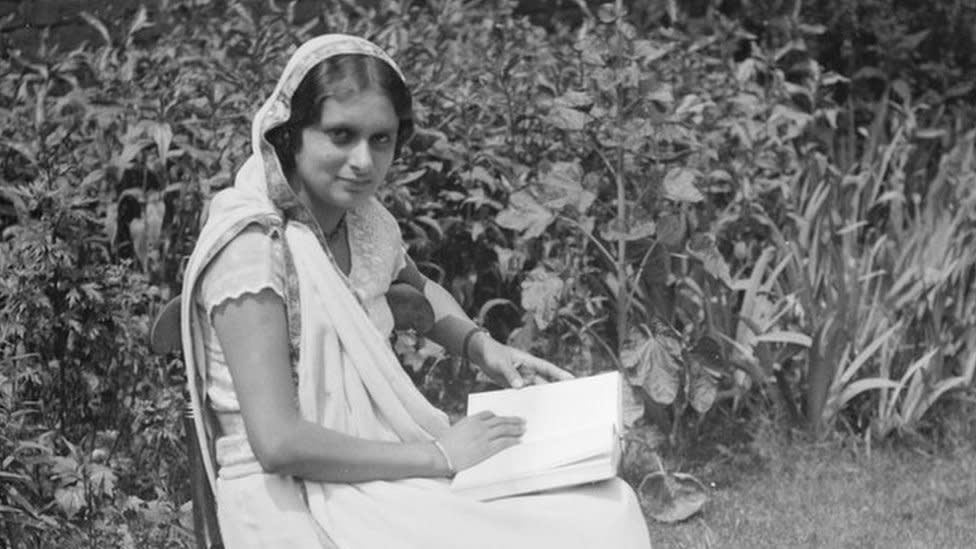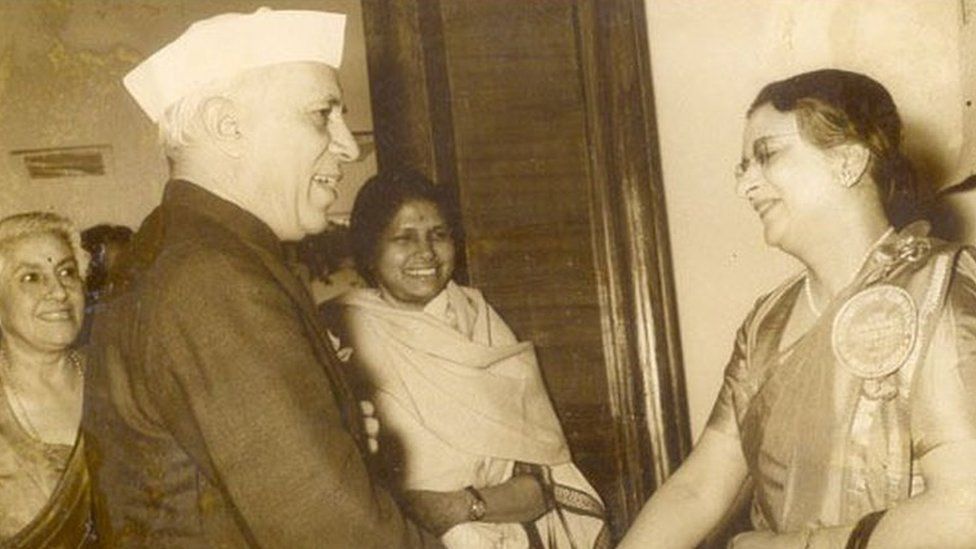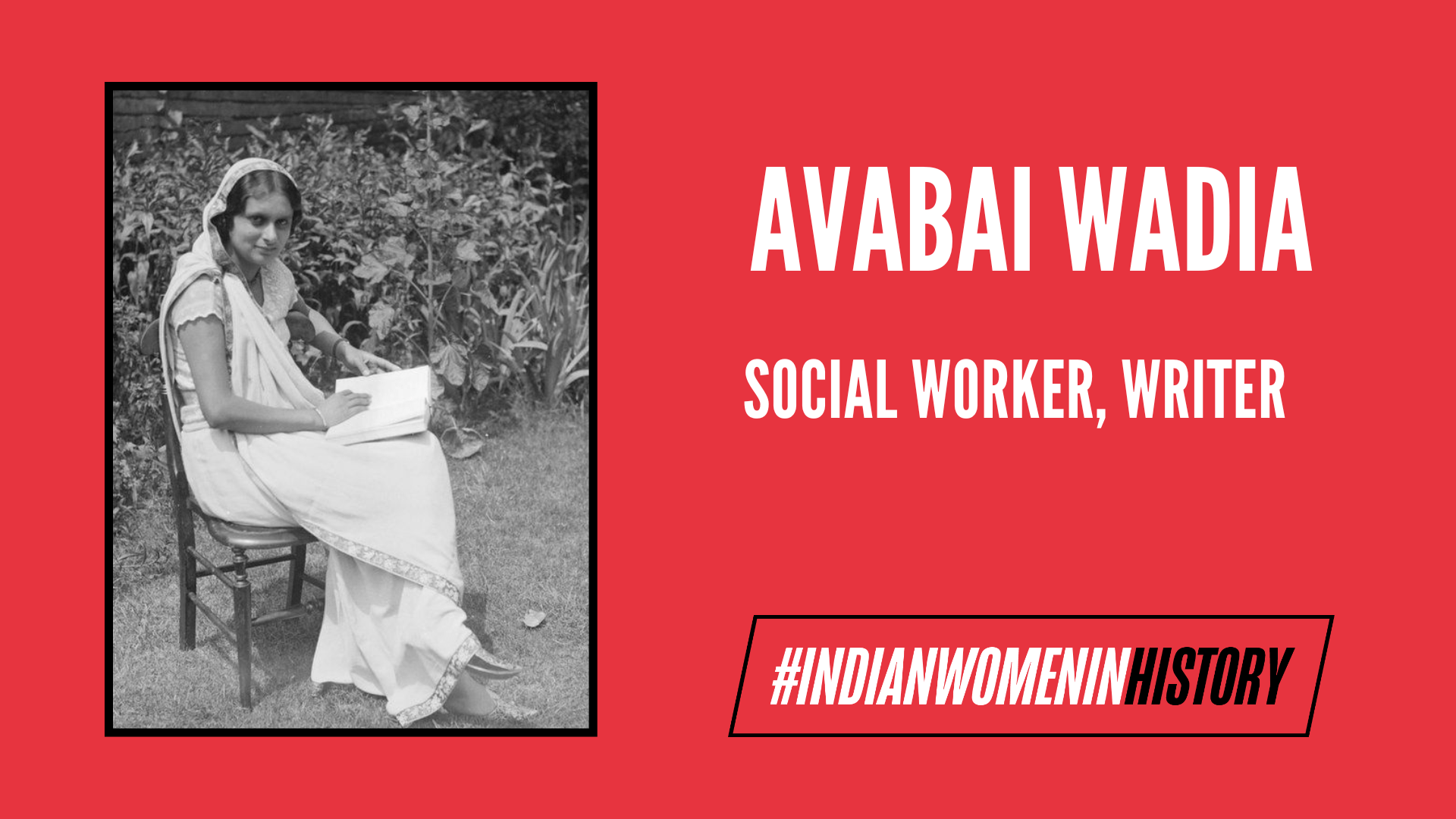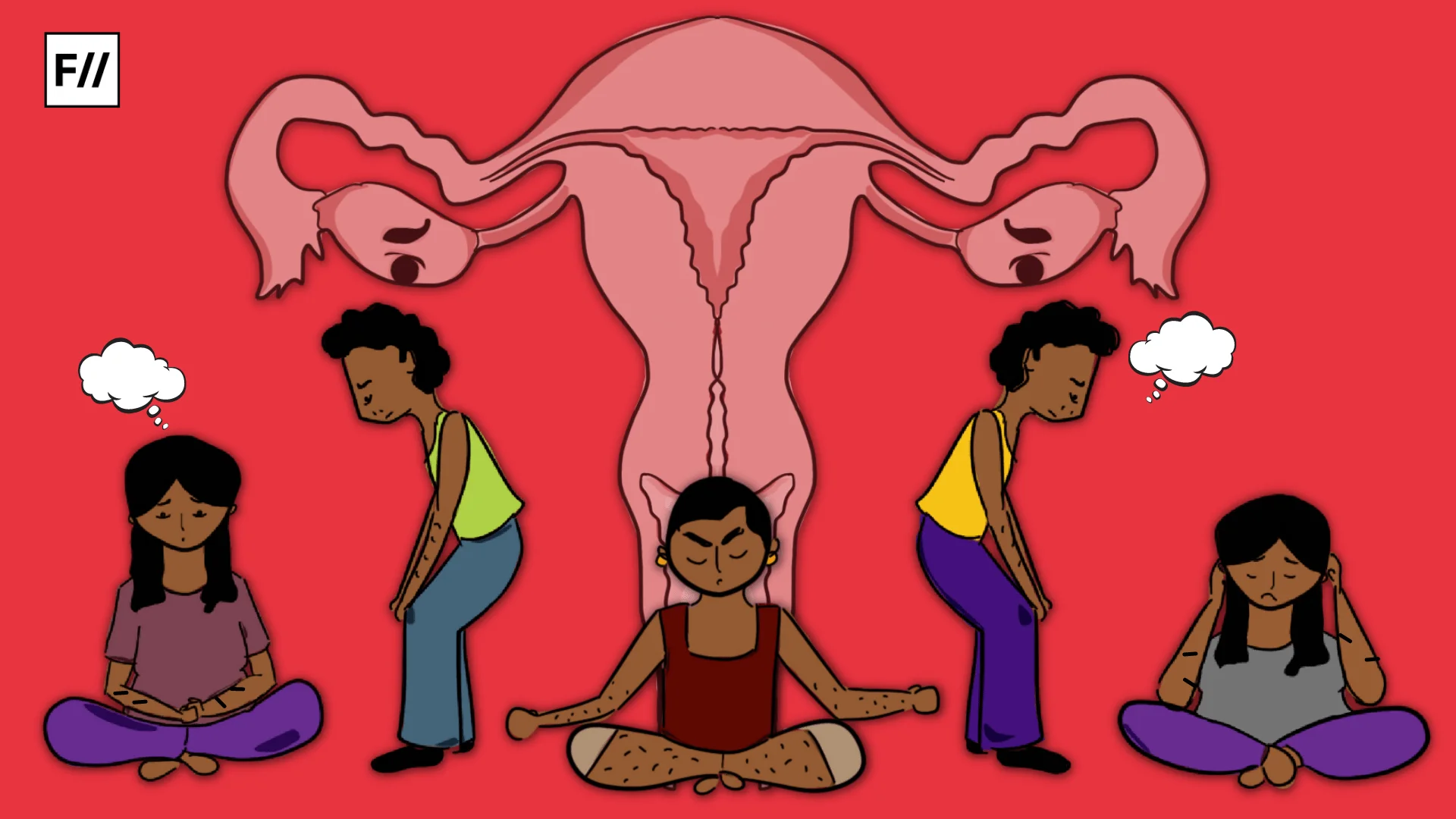“It seems my life work presented itself to me rather than my consciously searching for it. . . I did not feel it a waste not to carry on with a legal career, for the law was a fortifying element in all that I undertook,” Avabai Wadia in her autobiography The Light is Ours.
At a time when India was gradually recovering from the aftermath of colonialism, a nineteen-year-old saree-clad woman from Ceylon (now Sri Lanka) made headlines internationally. This was Avabai Wadia, the first woman from one of the major south-east Asian countries to pass her bar exam in the United Kingdom.
Her success not only impacted the Ceylonese women but also greatly improved the social conditions of women in neighboring countries like India. Besides being a lawyer, she was also the first woman to work upon the idea of family planning in India, a concept too alien and revolting at that time.
Birth and education
Avabai Wadia was born into a well-respected and progressive Parsi family in 1913 in colonial Ceylon. In 1928, when she was fifteen, Wadia moved to London to accompany her mother. There she met her brother, then studying at Cambridge. As a part of an extremely aspirational family, Avabai Wadia was always encouraged in her education. Later, she also attended Brondesbury and Kilburn high school in London.
Wadia, as a child, had already decided to become a lawyer. She started attending the Inns of Court from the time she was only nineteen. When she appeared for the bar exam in 1934, she was truly prepared. Hence, getting selected was not very difficult for her, yet what she found challenging was what came after. Thus, she became the first woman from Ceylon to pass her bar exams. From here, a journey was started that left behind an entire legacy.
During these years, an issue that drew Avabai Wadia’s close attention was that of family planning and women’s reproductive health. Talked under hushed tones, family planning was nothing but a taboo for Indians at the time. This was mostly because of religious conservatism linked with issues of racism and eugenics. Wadia mentioned that she herself was revolted on hearing the words ‘birth control’ for the first time. However, her thought process changed when she heard a female doctor in Bombay say that most Indian women only ‘oscillated between gestation and lactation until death wound up a sorry tale’. This profoundly affected her

Life, contributions and, pioneering initiatives
Avabai Wadia is known for her efforts to apply a lawyer’s acumen in the field of women’s social upliftment, which was a very serious issue during her time and remains so, even today. During her stay in the British Commonwealth, she made contact with several British social reformers, and her interactions with a circle of British women’s organisations made her realise what was needed back home.
Right after the Second World War, Wadia moved to Bombay in 1939 to spend some time in India before she went back to Ceylon. While practicing law with a Parsi advocate, she simultaneously took up voluntary work with groups like the Women’s Political Union and the All India Women’s Conference.
In 1941, she again moved to Bombay and this time for a permanent stay. She had met her future husband, Dr. Bomanji Wadia, whom she would later marry in 1946. From this time on, she plunged herself into social work. She got into close contact with family planning advocates as part of her continued work with the All India Women’s Conference.
During these years, an issue that drew Avabai Wadia’s close attention was that of family planning and women’s reproductive health. Talked under hushed tones, family planning was nothing but a taboo for Indians at the time. This was mostly because of religious conservatism linked with issues of racism and eugenics. Wadia mentioned that she herself was revolted on hearing the words ‘birth control’ for the first time. However, her thought process changed when she heard a female doctor in Bombay say that most Indian women only ‘oscillated between gestation and lactation until death wound up a sorry tale’. This profoundly affected her.
Also read: Family Planning In India And Its Anti-Women Approaches

This led to the establishment of The Family Planning Association of India (FPAI) in 1949 which Avabai Wadia would eventually head for 34 years. The organisation is dedicated to improving female reproductive health and women’s rights. Wadia unofficially became the first woman to work for birth control in the history of India’s family planning. Her motives were therefore quite instrumental in India’s first five-year plan that was declared years later.
Under Avabai Wadia, a decentralised and community-based approach was ensured at FPAI. She worked with villagers, the urban poor, and women from minorities in the remotest areas of India. Her projects were not just restricted to family planning but also upliftment of women through education, skill development, improving communications, and other factors that the women were severely lacking.
Wadia’s approach toward these women was unique. They would employ creative techniques like singing bhajans, which were devotional songs, as a means to communicate with them. This community-based approach is what helped her and FPAI to reach large sections of society that were utterly unaware and illiterate. Their innovative styles brought about marked changes and for the first time in history, a positive attitude towards family planning was fostered among many.
Projects, impact, and legacy
One project that Wadia and the FPAI undertook was in Malur, Karnataka in the 1970s. Their dedicated work reduced infant mortality over the years, doubled literacy rates among all and showed a significant increase in the average age of marriage. The outcomes impressed the villagers so much that they took over the management of the project soon after FPAI left the picture.
Despite several challenges starting from social ostracisations, male atrocities, and political impositions, Avabai Wadia continued her work. Under her care, mortality rates decreased, funds were raised, female health rights were asserted, and India was heightened to a global bar. She had also dared to talk about abortion laws when it was almost impossible to think of
Avabai Wadia also organised close-knit groups of women in villages and encouraged discussions on social issues that would often range from dowry to under-representation of females in politics. These discussions were eye-opening for a lot of people and encouraged them to fight harder for improving the reproductive health rights of women.
In 1952, Wadia herself underwent a miscarriage and returned to London to recuperate. The FPAI, which was working in full swing at the time, was also promoting contraceptive methods among people. Later when she returned to Bombay, Wadia commented that her work on promoting contraceptives and fertility services finally gave her a ‘real sense of satisfaction’ owing to her own lack of children. Her efforts in this field played a large part in making the Indian government the first ever in the world to promote family planning policies in 1951-52.
Six months after her stay in London, Avabai Wadia returned to Bombay stronger and more resilient. She led the efforts to organise the Third International Conference on Planned Parenthood. The conference had attracted the attention of many even beyond India and brought together several other family planning associations. I was also attended by some of the greatest luminaries of the family planning world.

On the day of the conference, the decision to officially launch the International Planned Parenthood Federation (IPPF) was voted by the delegates. Thus, came into existence an organisation that would have Avabai Wadia as one of its leading international figures for a number of years. She also eventually expanded the IPPF in London by establishing worldwide regional offices working for a united cause. Under her efforts, the IPPF was the first non-governmental organisation that was awarded the UN Population Award in 1985. The organisation is also eternally grateful for all the progress it has made under her leadership.
Despite several challenges starting from social ostracisations, male atrocities, and political impositions, Avabai Wadia continued her work. Under her care, mortality rates decreased, funds were raised, female health rights were asserted, and India was heightened to a global bar. She had also dared to talk about abortion laws when it was almost impossible to think of.
Avabai Wadia passed away on July 11, 2005. Her cause to uplift women remained important to her till death. She used her privilege of belonging to a fortunate background well and left behind a legacy of several improvements for women till today. She still lives among us through all her contributions and multiple organisations named after her, all fighting for her cause.
About the author(s)
Mrittika is a student of English. She is usually found expressing her love for art through words and music. At other times she is most likely traveling around the town trying new delicacies and imagining her life as a Greta Gerwig movie




